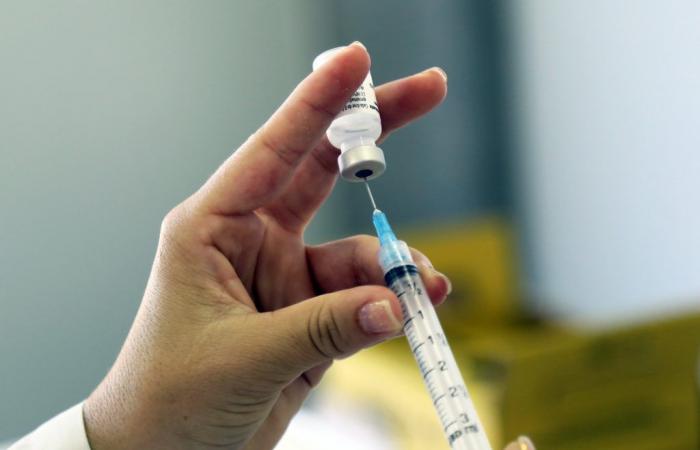As Rwanda potentially faces an outbreak caused by the deadly Marburg virus, health authorities have begun a race against time. Indeed, there is currently no vaccine or validated therapy against this virus, although it has been known since the end of the 1960s.
The Marburg virus: a new potential epidemic in progress
First discovered in 1967 among laboratory researchers in Germany and Yugoslavia, the Marburg virus is quite close to the Ebola virus, because it also causes hemorrhagic fever. Less lethal, however, it still represents a biological danger significant enough to be handled only in P4 type laboratories. After the first cases in the 1960s, several significant epidemics have been observed in the Democratic Republic of Congo (2000), Angola (2005) and more recently in Equatorial Guinea in 2023.
Unfortunately, the risks of a new epidemic occurring are present. As of September 30, 2024, Rwanda had recorded twenty-seven cases and nine deaths due to the Marburg virus. Most cases affected health professionals in Kigali, the country’s capital, as explained in an article published in the journal Nature Africa on October 11, 2024.
As the risk increases, the World Health Organization (WHO) has recently organized a teleconference attended by scientists, members of the Marburg Virus Vaccine Consortium (MARVAC) and several companies and non-profit organizations. The objective? Conduct potential vaccine and treatment trials against the famous virus.
Very varied tests
In 2023, the Marburg virus caused twelve deaths among seventeen confirmed cases in Equatorial Guinea, an epidemic having led to the development of basic plans for testing recently mentioned by the WHO. Soon, first tests could be carried out in Rwanda if the current epidemic continues. In particular, it is a question of testing a vaccine as part of a so-called ring vaccination strategy. The latter consists of immunizing the contacts of an infected person. Furthermore, other tests should concern the antiviral Remdesivir as well as treatments based on monoclonal antibodies.
Finally, if several vaccines are currently in developmentthe most advanced seems to be that of the Sabin Vaccine Institute in Washington DC (United States). This vaccine uses a modified chimpanzee adenovirus to instruct cells to produce a Marburg virus protein. A first test on a panel of 40 volunteers showed a immune response in most cases. Furthermore, this vaccine has been designated as the best candidate for testing during a Marburg virus outbreak.






